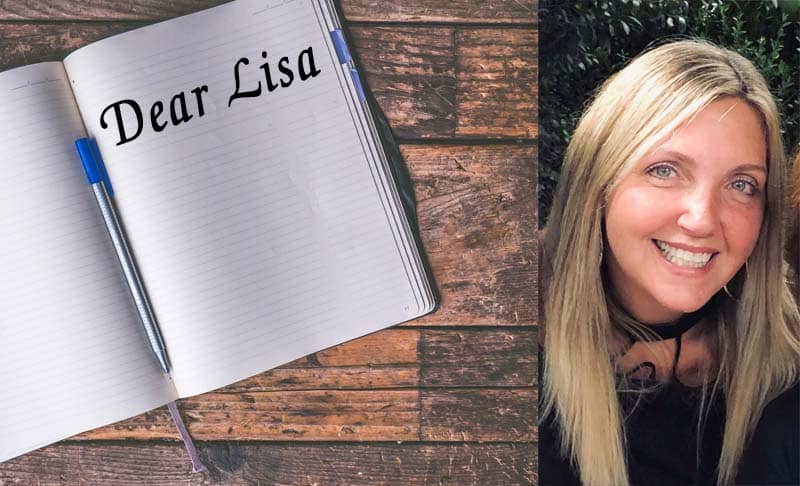Dear Lisa,
I am tired of yo-yo dieting and I recently heard about Intuitive Eating. What is it and is it an alternative to dieting?
Hi Brittany,
You mentioned the term yo-yo dieting, which is a common phrase used by those who repeatedly lose weight by dieting followed by gaining weight when falling off of the diet wagon. The cycle continues until we change the way we view food and its true purpose in our lives. Intuitive Eating is a wonderful and healthy alternative to dieting and involves making food choices based on hunger, satiety and pleasure without experiencing feelings of guilt related to food rules and various self-defeating thoughts and beliefs. Intuitive Eating aides in healing your mind and body from the effects of dieting. We view it as a mind-body approach to health by listening and responding to the messages of your body in order to meet your own individual physical and psychological needs. Learning to feed your body when it is telling you it is hungry is freeing. Intuitive Eating is a way to connect with your body’s natural hunger and fullness signals while letting go of the guiltiness associated with food choices.
Dieting promotes restriction, weight and body image focus and risks to one’s health. Some of the repercussions being a lack of trust in your body, the yo-yo dieting that you mentioned and an array of eating disorders. If you are eating intuitively then you are choosing to eat foods that you enjoy, those that are satisfying and filling. Interestingly enough, as you are learning to trust your body the temptation to overeat lessens, the health risks lessen and so does the cycle of weight gain and weight loss and all of the feelings that come along with it. One of the requirements of eating intuitively is to learn to distinguish between physical hunger and psychological/emotional hunger. Physical hunger would be the hunger pains we feel because our stomach is empty, we feel the rumbling sounds, some people experience irritability and lack of energy. Psychological or emotional hunger might consist of times where we are eating, stuffing, escaping from our feelings and not dealing with them appropriately. Emotional eating is very common, food can be thought of as anesthetizing in the moment but there are many negative consequences as a result of emotional eating. Just a few are weight gain, high blood pressure, diabetes and fatigue.
There are 10 Principals of Intuitive Eating that were created by two dietitians, Evelyn Tribole and Elyse Resch in 1995. They co-authored the book, Intuitive Eating, which explains the philosophy and worth checking out.
If you have any questions that you would like to ask Lisa, email her at LBESW@optonline.net.
 Lisa Brown-Eisel, LCSW is a psychotherapist in private practice with experience in working with clients dealing with eating disorders, anxiety and depressive disorders. Email LBESW@optonline.net or visit www.hopehealstheheart.com.
Lisa Brown-Eisel, LCSW is a psychotherapist in private practice with experience in working with clients dealing with eating disorders, anxiety and depressive disorders. Email LBESW@optonline.net or visit www.hopehealstheheart.com.


































